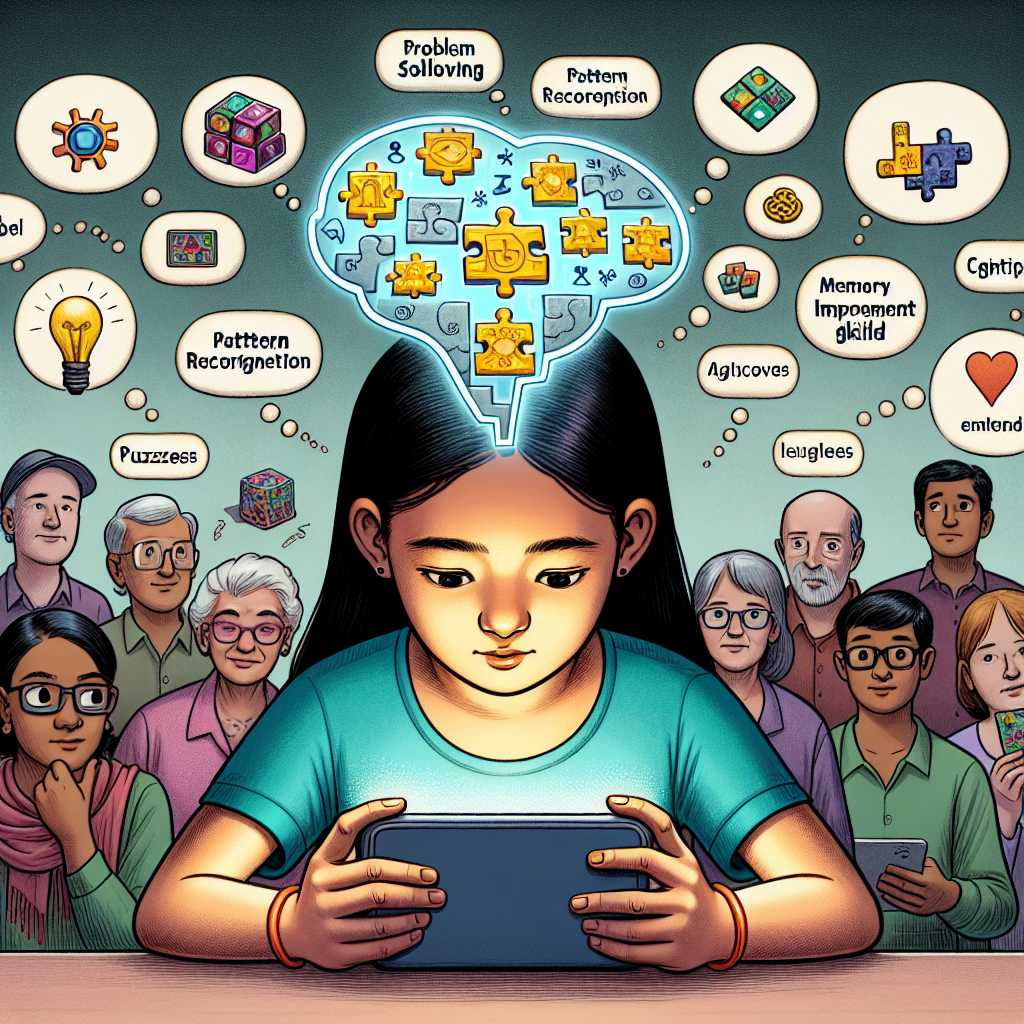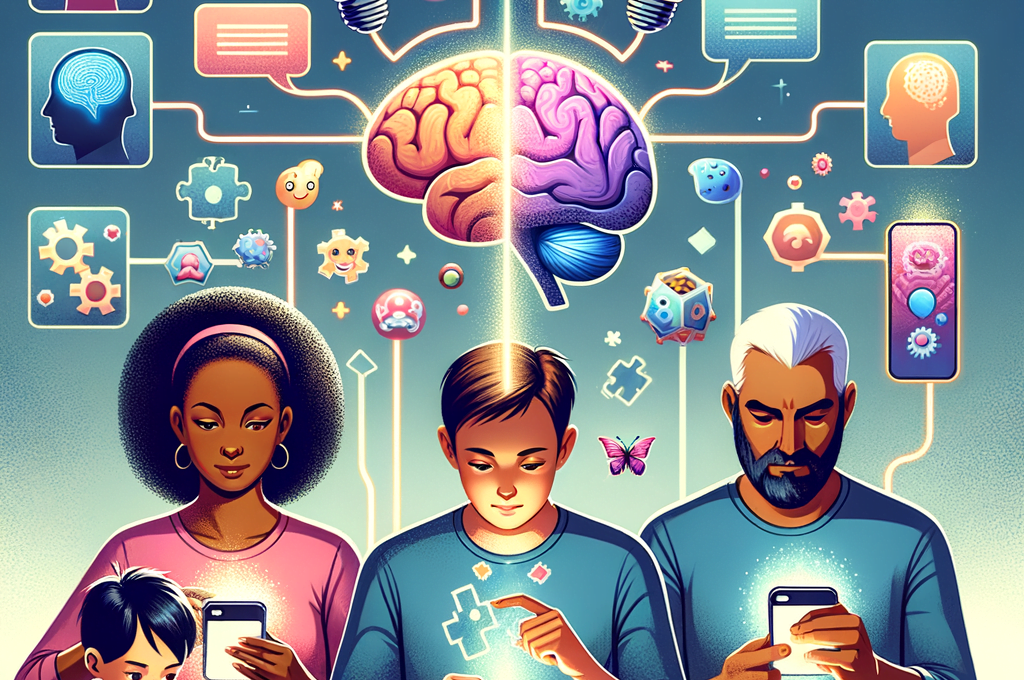
In recent years, mobile gaming has surged in popularity, becoming a ubiquitous part of daily life for millions of people worldwide. While often dismissed as mere entertainment, emerging research suggests that mobile gaming can have significant benefits for cognitive development. This article explores how mobile gaming can enhance various cognitive skills, supported by relevant examples, case studies, and statistics.
The Cognitive Benefits of Mobile Gaming
Mobile games are not just about fun and relaxation; they can also serve as powerful tools for cognitive development. Studies have shown that engaging in mobile gaming can improve several cognitive functions, including memory, attention, problem-solving, and spatial awareness.
Memory Enhancement
Many mobile games require players to remember patterns, sequences, and strategies, which can help improve memory. For instance, games like “Lumosity” and “Peak” are specifically designed to enhance cognitive functions, including memory. A study published in the journal “Nature” found that playing memory-based games can lead to significant improvements in working memory and long-term memory.
Improved Attention and Focus
Mobile games often demand sustained attention and quick reflexes. Action games, in particular, require players to focus intensely on the screen and react swiftly to changing scenarios. Research from the University of Rochester indicates that playing action games can enhance visual attention and the ability to track multiple objects simultaneously.
Problem-Solving Skills
Many mobile games are designed to challenge players with puzzles and complex scenarios that require strategic thinking and problem-solving. Games like “Monument Valley” and “The Room” series are excellent examples of how mobile gaming can enhance problem-solving skills. A study by the American Psychological Association found that playing puzzle games can improve cognitive flexibility and problem-solving abilities.
Spatial Awareness
Spatial awareness is another cognitive skill that can be enhanced through mobile gaming. Games that involve navigation and spatial manipulation, such as “Minecraft” and “Angry Birds,” require players to understand and manipulate space effectively. Research published in the journal “Psychological Science” suggests that playing such games can improve spatial reasoning and navigation skills.
Case Studies and Real-World Examples
Several case studies and real-world examples highlight the cognitive benefits of mobile gaming. For instance, a study conducted by the University of California, Irvine, found that playing 3D video games can boost the formation of memories and improve cognitive performance in older adults. Another study by the University of Wisconsin-Madison revealed that children who played educational games showed significant improvements in math and reading skills.
Statistics Supporting Cognitive Benefits
Statistics further support the cognitive benefits of mobile gaming. According to a report by the Entertainment Software Association, 70% of gamers believe that video games provide mental stimulation or education. Additionally, a survey by the American Psychological Association found that 55% of gamers play to improve cognitive skills, such as problem-solving and strategic thinking.
- 70% of gamers believe video games provide mental stimulation or education.
- 55% of gamers play to improve cognitive skills.
- Studies show significant improvements in memory, attention, and problem-solving skills.
Conclusion
In conclusion, mobile gaming is more than just a pastime; it is a valuable tool for cognitive development. From enhancing memory and attention to improving problem-solving skills and spatial awareness, mobile games offer a range of cognitive benefits. Supported by research, case studies, and statistics, it is clear that mobile gaming can play a significant role in enhancing cognitive skills. As technology continues to evolve, the potential for mobile gaming to contribute to cognitive development will only grow, making it an exciting area for future research and exploration.
Question and Answer Section
Q: Can mobile gaming improve cognitive skills in adults?
A: Yes, research has shown that mobile gaming can improve cognitive skills in adults, including memory, attention, and problem-solving abilities.
Q: Are there specific types of games that are better for cognitive development?
A: Yes, games that involve puzzles, strategy, and action are particularly effective for cognitive development. Examples include “Lumosity,” “Peak,” “Monument Valley,” and “The Room” series.
Q: How much time should one spend on mobile gaming for cognitive benefits?
A: While there is no specific time limit, moderation is key. Engaging in mobile gaming for about 30 minutes to an hour a day can provide cognitive benefits without leading to negative effects associated with excessive gaming.
“`

